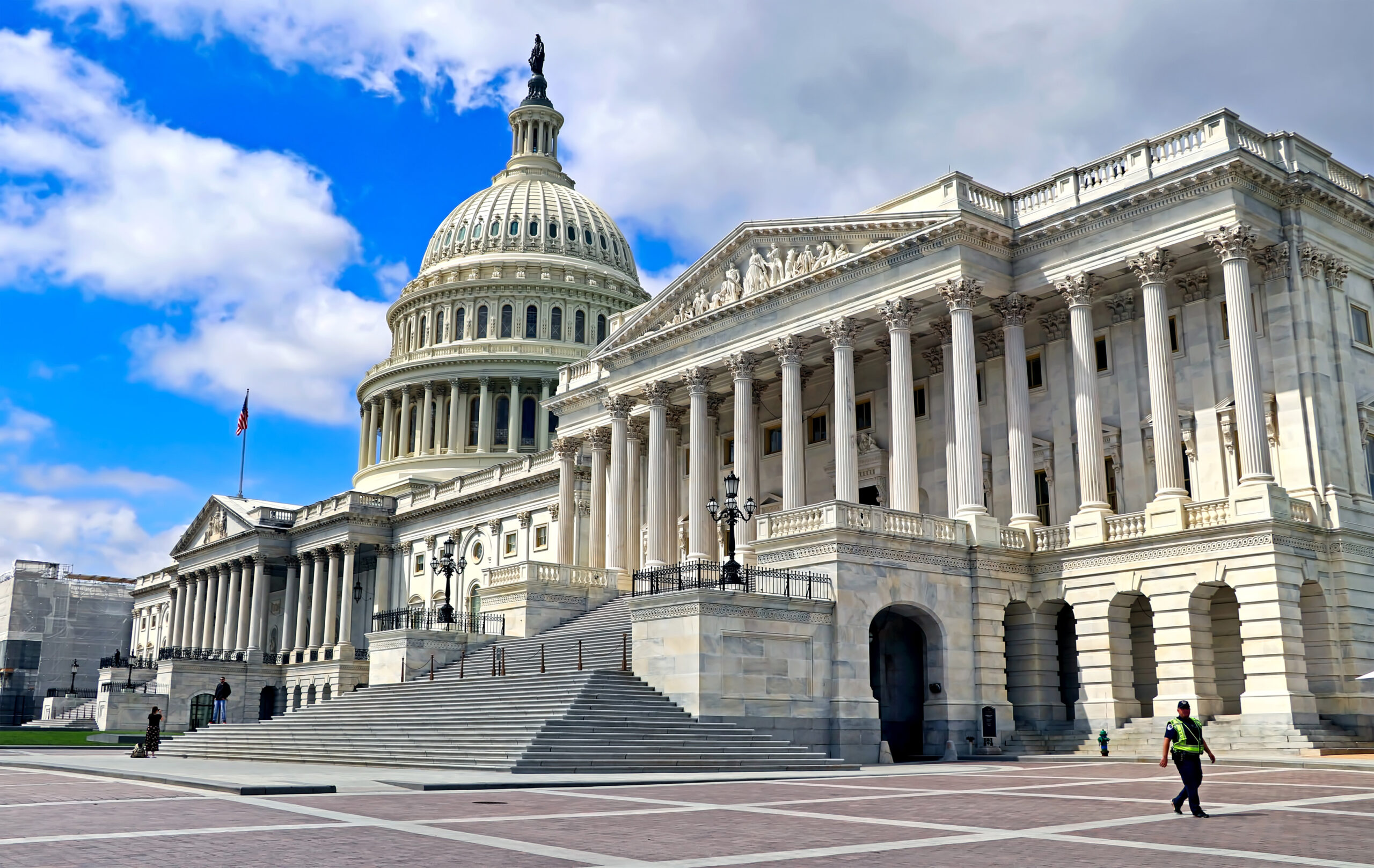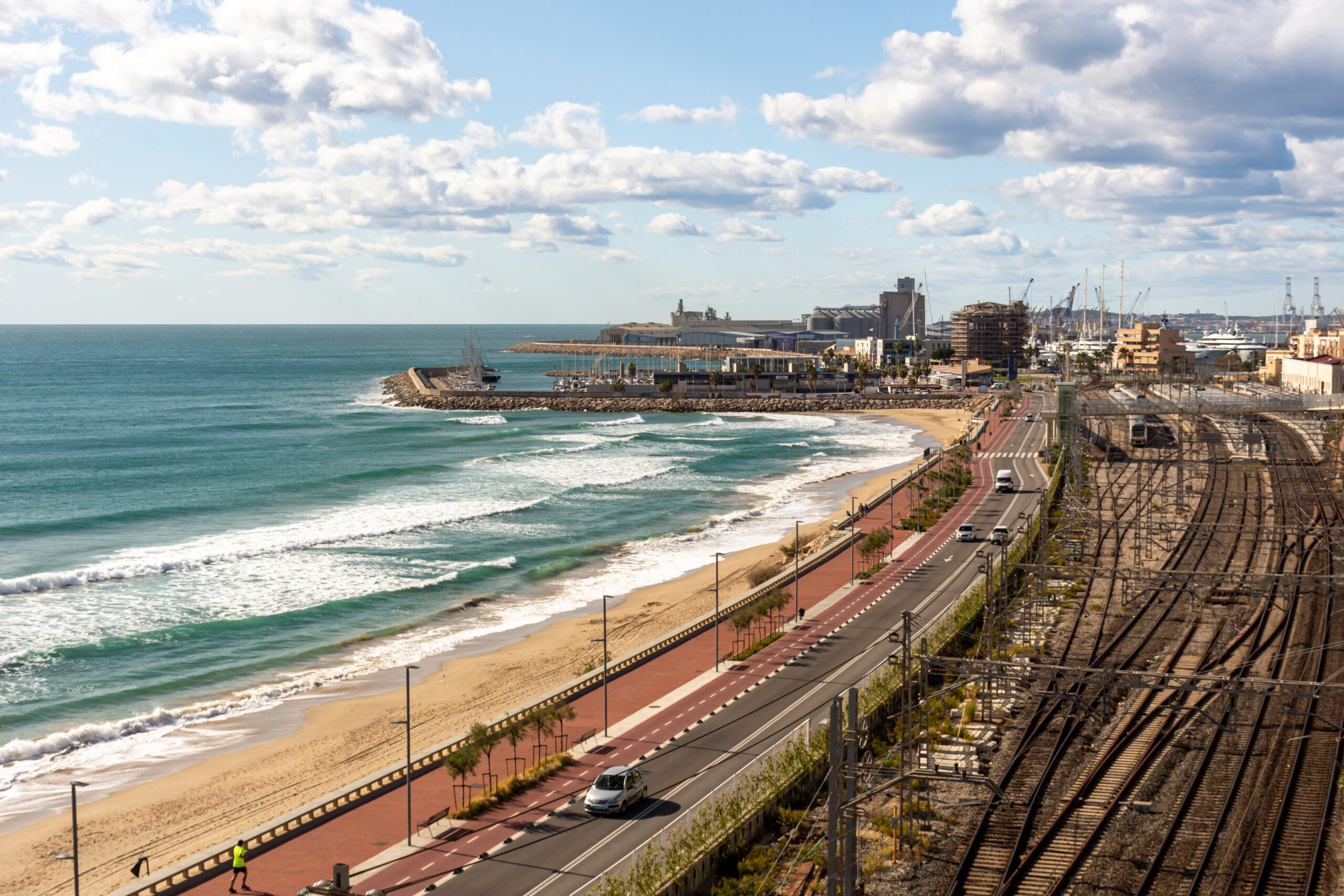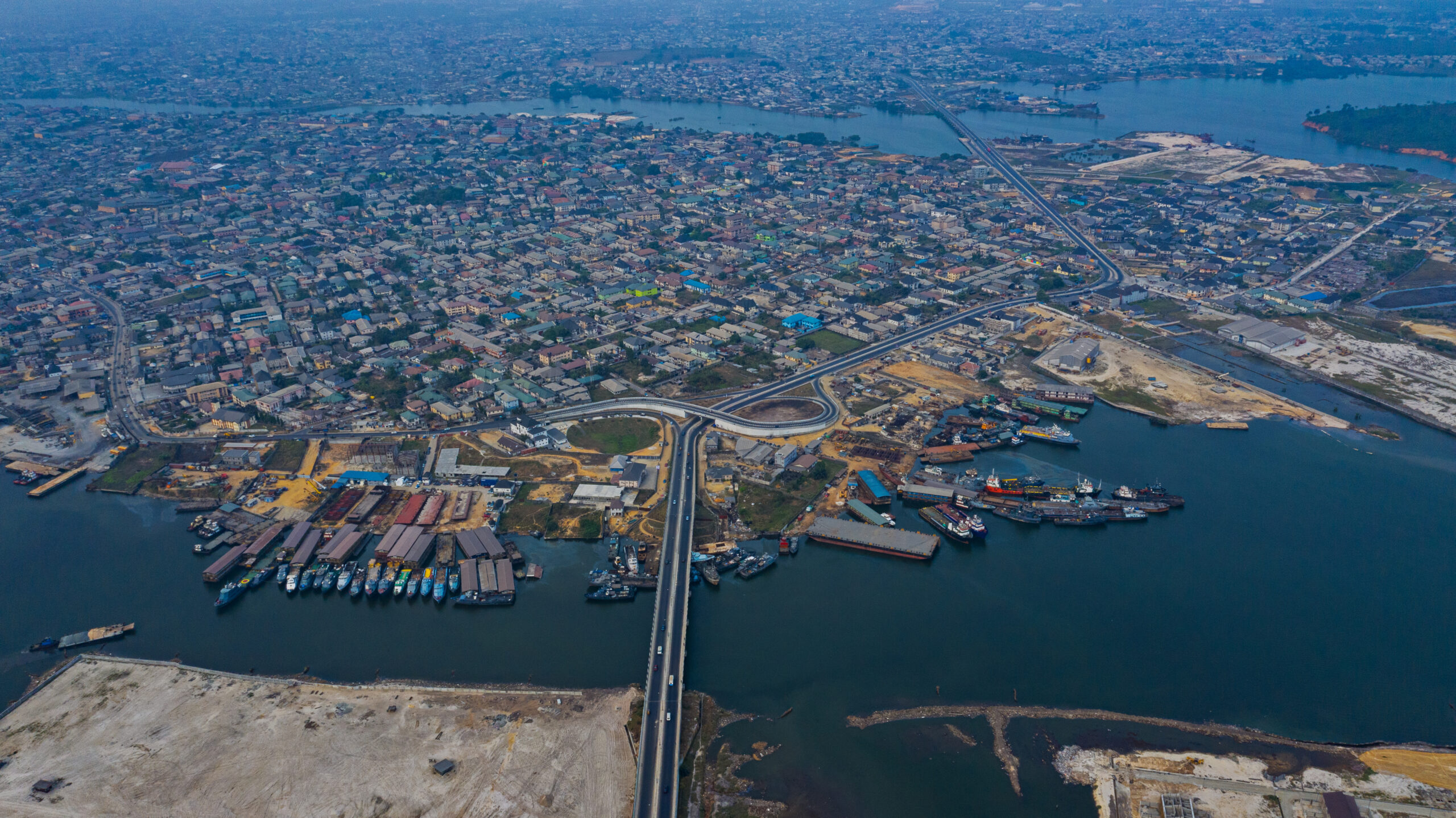Lobbyists flood Plastics Treaty talks in Ottawa
Plastics and petrochemical producers are vehemently opposed to limits on plastics production. They are working overtime in Ottawa this week to weaken the treaty, civil society groups warn.

Fossil fuel lobbyists have flooded the international Plastics Treaty talks in Ottawa this week as the industry seeks to prevent the treaty from cracking down on plastic production.
An estimated 196 lobbyists for oil, gas, chemical and plastics companies registered for the fourth round (INC-4) of the Plastics Treaty negotiations, currently underway this week in Ottawa, according to a new analysis from the Center for International Environmental Law (CIEL) and an array of partner organisations. That figure is a 37 percent increase from the previous round of talks (INC-3) held last year in Nairobi.
The total number of industry lobbyists is larger than the number of delegates from 87 countries. For instance, Pacific Island countries, who are collectively calling for ambitious action to limit plastic production and waste, have only registered 73 delegates combined.
Lobbyists are also registering under the flags of nine countries, including as Malaysia, Thailand, Iran, the Dominican Republic, China, Kazakhstan, Kuwait, Turkey, and Uganda.
“Some may argue that everyone enjoys equal access, but that is simply not true,” Delphine Levi Alvares, global petrochemical campaign coordinator at CIEL, said in a statement. “Lobbyists are appearing on country delegations and are gaining privileged access to Member State-only sessions, where sensitive discussions unfold behind closed doors.”
Civil society groups warned that progress on the Plastics Treaty negotiations had slowed at INC-3 in Nairobi last year. That has led to a heightened sense of urgency, making the INC-4 round underway this week a pivotal moment. The process is expected to wrap up at INC-5 later this year in South Korea. But in order to pave the way for a successful outcome, experts say that the Ottawa talks must make substantial progress.
“The independent scientific evidence is very clear. We are facing a triple planetary crisis with plastics as a central cause, and current production levels of plastics are not sustainable,” Bethanie Carney-Almroth, a professor in ecotoxicology at Gothenburg University and a member of the Scientists’ Coalition For An Effective Plastic Treaty, said in a statement.
As Gas Outlook has reported, the plastics and petrochemical industries are working hard to prevent the Plastics Treaty from addressing upstream plastic operations. Industry representatives have stated explicitly that they favour a treaty, but one that only looks at waste and definitively excludes any restrictions on plastic production. However, unless plastics production is reined in, the volume of plastics produced each year will triple by mid-century, jeopardizing international climate targets.
“If we end up with a treaty that lets the plastics lobby continue business-as-usual, it will be because of a failure to safeguard the negotiations from their influence,” Delphine Levi Alvares said.
The United Nations Environment Programme and the INC Secretariat’s “inaction has created the conditions for corporate influence to further tip an already inequitable representation,” she added.



